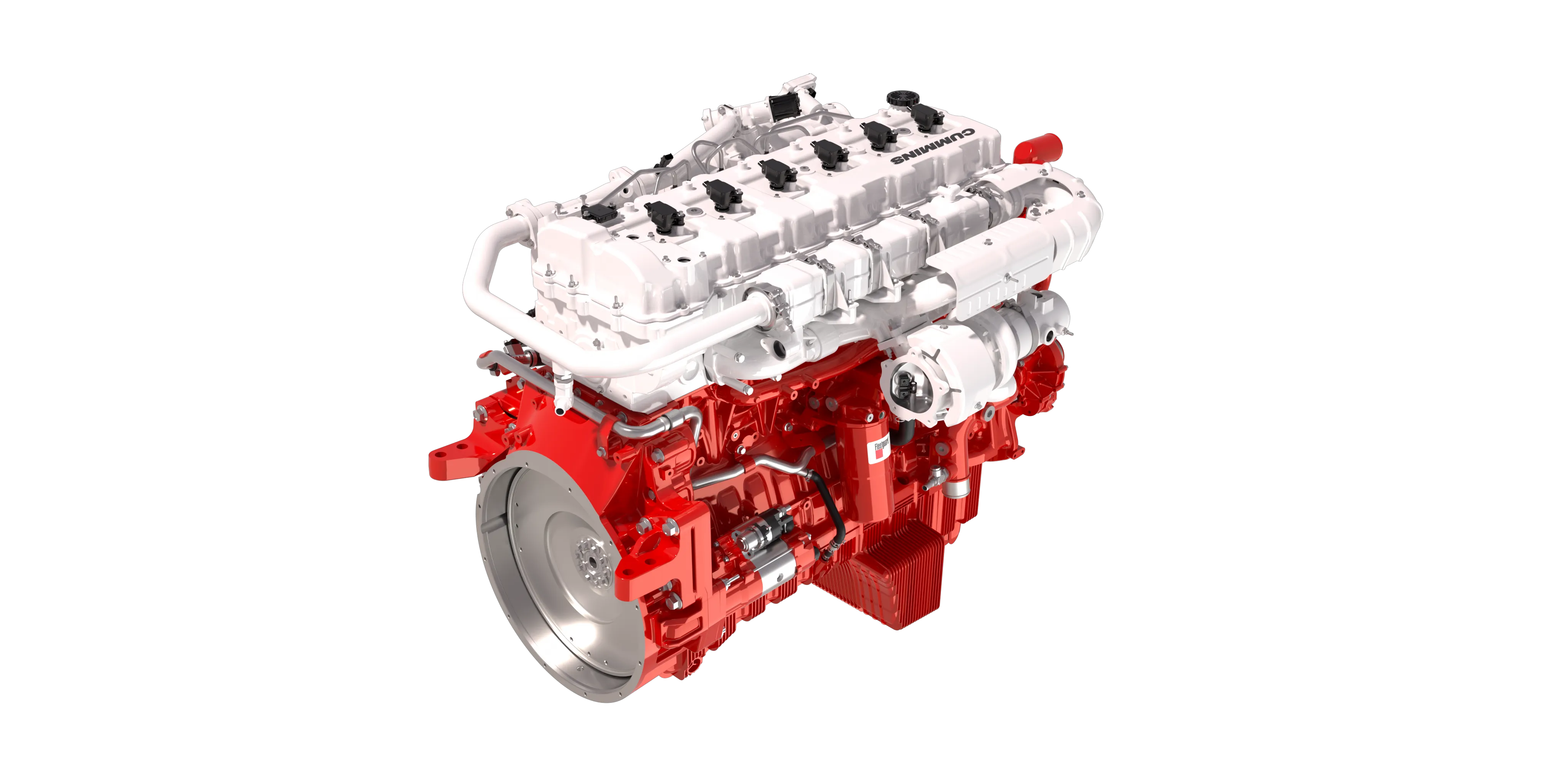There are fears that President Barack Obama is overlooking the benefits of good highway design following his recent announcement that he plans to impose higher fuel efficiency standards for medium and heavy-duty trucks by 2016.
January 6, 2017
Read time: 4 mins

There are fears that President Barak Obama is overlooking the benefits of good highway pavement design following his recent announcement that he plans to impose higher fuel efficiency standards for medium and heavy-duty trucks by 2016. Even though Obama has charged Department of Transportation Secretary Anthony Foxx and U.S. EPA Administrator Gina McCarthy with “developing fuel economy standards for heavy-duty trucks that will take us well into the next decade,” leading US researchers argue that the President is only tackling part of the problem - they want his initiative to target road surface design as well.
According to the White House, heavy-duty trucks account for just 4% of highway vehicles, but are responsible for 20% of carbon pollution from the transportation sector. Current fuel economy standards are aimed at reducing truck fuel use by as much as 20%. But Gregory M. Scott, president and CEO of the Portland Cement Association, said it is time to not only look at the efficiency of cars and trucks on the road, but to look at the actual road surface too if the politicians want to improve national fuel economy rates and reduce emission. “We should expand the debate beyond making more efficient cars and trucks to making more efficient infrastructure. Stiffer pavements - such as pavements made from concrete - produce less rolling resistance and better fuel economy,” says Scott.
Researchers at the MIT (4005 Massachusetts Institute of Technology) Concrete Sustainability Hub having been looking into the way in which the road pavement is constructed and how different surfaces can have a significant impact on the fuel economy of the vehicles that use them. Research models predict that the use of stiffer pavements, for example, could reduce fuel use by as much as 3%, a saving that would add up to 273 million barrels of crude oil per year.
And real-life testing by Florida International University has discovered that passenger vehicles traveling on Interstate-95 on a rigid pavement consume 3.2% less fuel than vehicles driving over flexible pavements. This goes up to a fuel saving of 4.5% for fully-loaded trucks and trailers. If all Florida pavements were rigid, it could amount to an annual fuel saving of more than $2 billion for highway users says the study.
Speaking at Conexpo 2014 in Las Vegas this week, Jeremy Gregory, the executive director of the MIT’s Concrete Sustainability Hub (CSHub) said that “the US transportation network is responsible for about one-third of national energy consumption and greenhouse gas emissions.” And, “as the network ages, the impact of PVI (pavement-vehicle interaction) on greenhouse gas emissions worsens.”
Meanwhile, infrastructure funding remains significantly below what is required to improve conditions and performance says CSHub. “With the Highway Trust Fund forecast to go bankrupt next year, these findings bolster the Case for increased infrastructure spending as Congress prepares to debate a new long-term transportation bill,” the organisation argues.
“To ensure the sustainability of our roadways, policymakers and construction professionals must carefully analyse pavement designs’ cost and environmental impact throughout their entire lifespan by using life-cycle tools during the planning stages of road projects. For life cycle assessment to be effective, it must be based on the most accurate models possible, including those that analyse the effects of PVI.”
According to Gregory, MIT is keen for highway departments to use his department’s evolving methodology and research principles when assessing potential new road surfaces. “We will not be recommending any specification rules right now,” he says. “We are just at the baby steps stage right now and asking people to think about different surfaces and their impact on excess fuel consumption rates.” Engine efficiency and aerodynamic design has had a lot of attention when fuel consumption improvements have been discussed in the past, he argues, but it is now time to look at pavement-vehicle interaction and rolling resistance outcomes on rough versus smooth surfaces, and at the impact of deflection/dissipation.
According to the White House, heavy-duty trucks account for just 4% of highway vehicles, but are responsible for 20% of carbon pollution from the transportation sector. Current fuel economy standards are aimed at reducing truck fuel use by as much as 20%. But Gregory M. Scott, president and CEO of the Portland Cement Association, said it is time to not only look at the efficiency of cars and trucks on the road, but to look at the actual road surface too if the politicians want to improve national fuel economy rates and reduce emission. “We should expand the debate beyond making more efficient cars and trucks to making more efficient infrastructure. Stiffer pavements - such as pavements made from concrete - produce less rolling resistance and better fuel economy,” says Scott.
Researchers at the MIT (
And real-life testing by Florida International University has discovered that passenger vehicles traveling on Interstate-95 on a rigid pavement consume 3.2% less fuel than vehicles driving over flexible pavements. This goes up to a fuel saving of 4.5% for fully-loaded trucks and trailers. If all Florida pavements were rigid, it could amount to an annual fuel saving of more than $2 billion for highway users says the study.
Speaking at Conexpo 2014 in Las Vegas this week, Jeremy Gregory, the executive director of the MIT’s Concrete Sustainability Hub (CSHub) said that “the US transportation network is responsible for about one-third of national energy consumption and greenhouse gas emissions.” And, “as the network ages, the impact of PVI (pavement-vehicle interaction) on greenhouse gas emissions worsens.”
Meanwhile, infrastructure funding remains significantly below what is required to improve conditions and performance says CSHub. “With the Highway Trust Fund forecast to go bankrupt next year, these findings bolster the Case for increased infrastructure spending as Congress prepares to debate a new long-term transportation bill,” the organisation argues.
“To ensure the sustainability of our roadways, policymakers and construction professionals must carefully analyse pavement designs’ cost and environmental impact throughout their entire lifespan by using life-cycle tools during the planning stages of road projects. For life cycle assessment to be effective, it must be based on the most accurate models possible, including those that analyse the effects of PVI.”
According to Gregory, MIT is keen for highway departments to use his department’s evolving methodology and research principles when assessing potential new road surfaces. “We will not be recommending any specification rules right now,” he says. “We are just at the baby steps stage right now and asking people to think about different surfaces and their impact on excess fuel consumption rates.” Engine efficiency and aerodynamic design has had a lot of attention when fuel consumption improvements have been discussed in the past, he argues, but it is now time to look at pavement-vehicle interaction and rolling resistance outcomes on rough versus smooth surfaces, and at the impact of deflection/dissipation.








